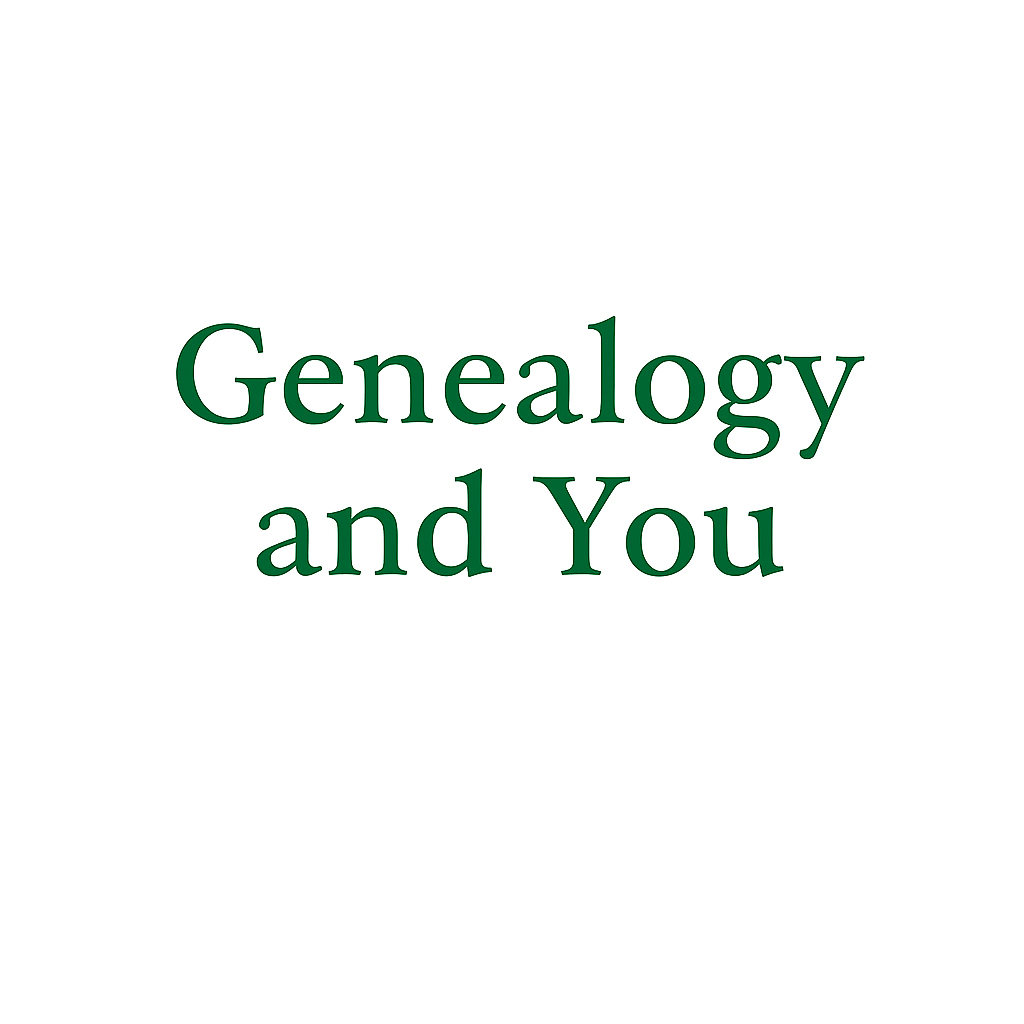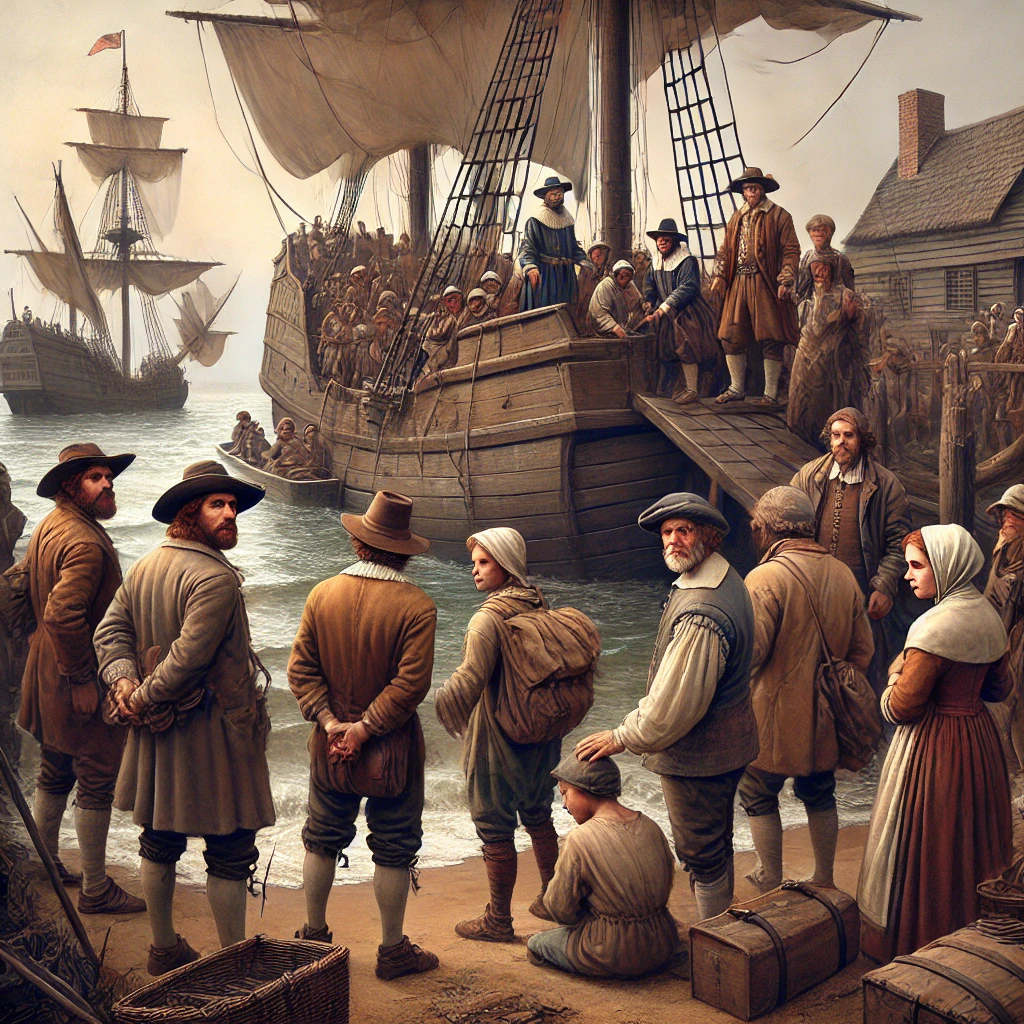Tracing Welsh lives across oceans and upheavals—through chapel records, censuses, and quiet clues in the margins.
✍️ By John Colclough – Genealogist & Narrative Historian
What happens when we follow a name through time?
A minister becomes a settler. A brothers from Penderyn help build an iron empire in Tennessee. A young mother survives a massacre and testifies before Congress. These are not just stories—they are lives, stitched together from fragments: baptismal entries, passenger lists, faded obituaries.
This post introduces three Welsh emigrants whose journeys reflect vision, grit, and reinvention. Each narrative is built from archival research and contextual storytelling—my way of honouring ordinary people who lived extraordinary lives.
I will expand on each in the weeks to come….
🔍 Featured Lives
Rev. Morgan John Rhys (1760–1804)
Born at Graddfa farm near Llanbradach, he was a radical Baptist minister who emigrated to Pennsylvania in 1794, seeking spiritual and linguistic freedom. He founded the Beulah settlement and published Welsh-language periodicals in exile—preserving culture while challenging authority.
David Richards (1824–1906)
Raised near Dowlais and baptised at Ebenezer Chapel, Aberdare, he emigrated to Pennsylvania in 1844. By 1867, he and his brothers had been instrumental in founding the Knoxville Iron Company in Tennessee. He served as a state legislator and Sunday school leader, blending industrial leadership with community care.
Mary Hannah Williams Thomas Colter (1887–1978)
Born in Nantymoel, Mary Hannah emigrated to Colorado in 1913, tracking her estranged husband. She survived the Ludlow Massacre, testified before Congress, and met President Wilson. Her life reflects resilience, activism, and reinvention—ending in Hollywood decades later.
🗺️ Mapping the Journey
Each life begins in a place—a chapel, a terrace, a mining village. I trace migrations using historical maps, tithe records, and modern overlays to reconstruct movement and meaning.
- Origins: Llanbradach, Penderynyarren, Nantymoel
- Destinations: Pennsylvania’s Welsh settlements, Knoxville’s ironworks, Colorado’s mining towns
- Tools: Ordnance Survey maps, tithe apportionments, township plats, GIS overlays
Mapping is more than geography—it’s a way of seeing how lives unfolded in space as well as time.
🧵 Research Approach
I combine meticulous archival work with narrative reconstruction—tracing migration, identity, and resilience across generations.
- Sources include: Chapel records, censuses, passenger lists, memoirs, newspaper archives
- Tools used: Physical archives, genealogy databases such as Ancestry, FamilySearch, etc. and digitised collections from the National Library of Wales, and Archives.org.
- Focus: Emotional nuance, historical accuracy, and the quiet dignity of lived experience.
📘 Why It Matters
Family history is more than lineage—it’s memory, context, and connection. Whether you’re tracing your own Welsh roots or simply drawn to stories of endurance, I hope these lives speak to something deeper: the courage to begin again.
If you have Welsh roots or stories waiting to be traced, I’d be honoured to help uncover them.


Leave a Reply